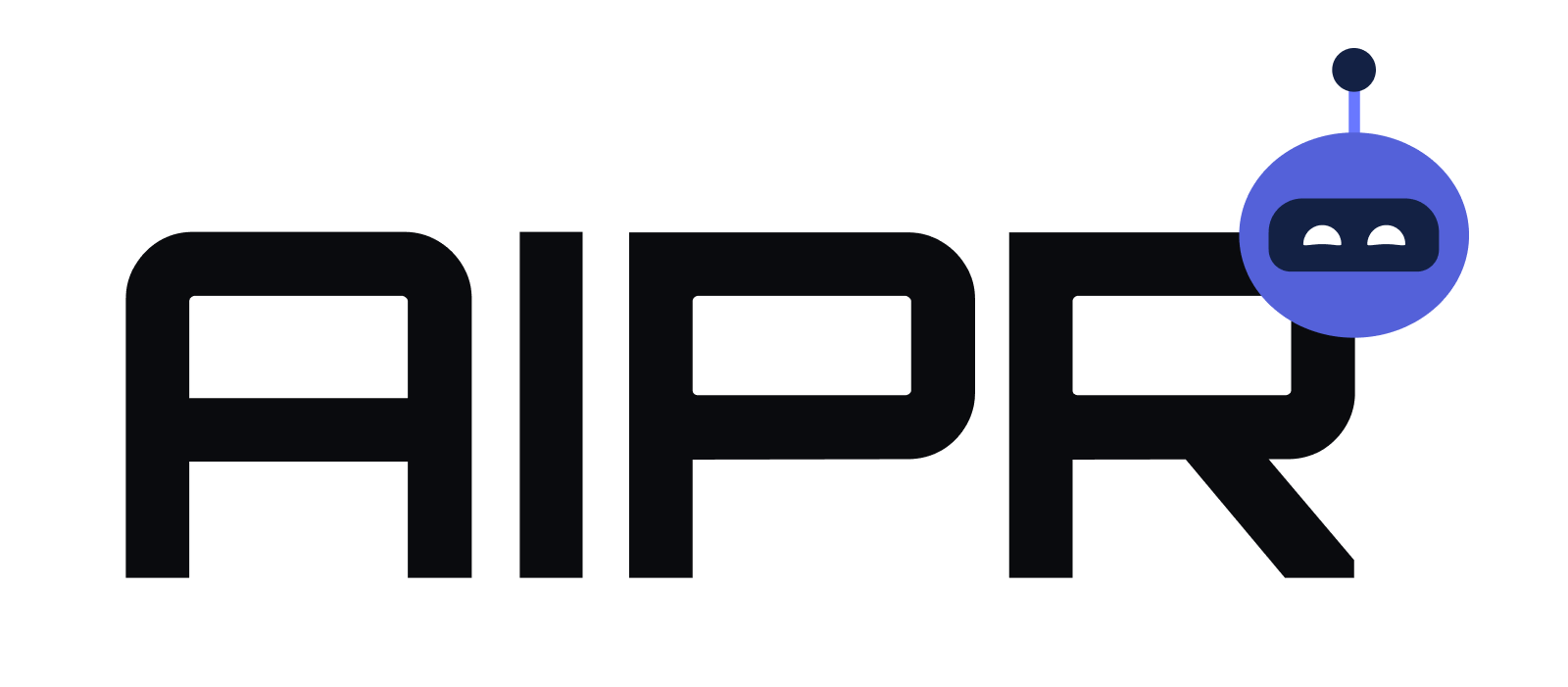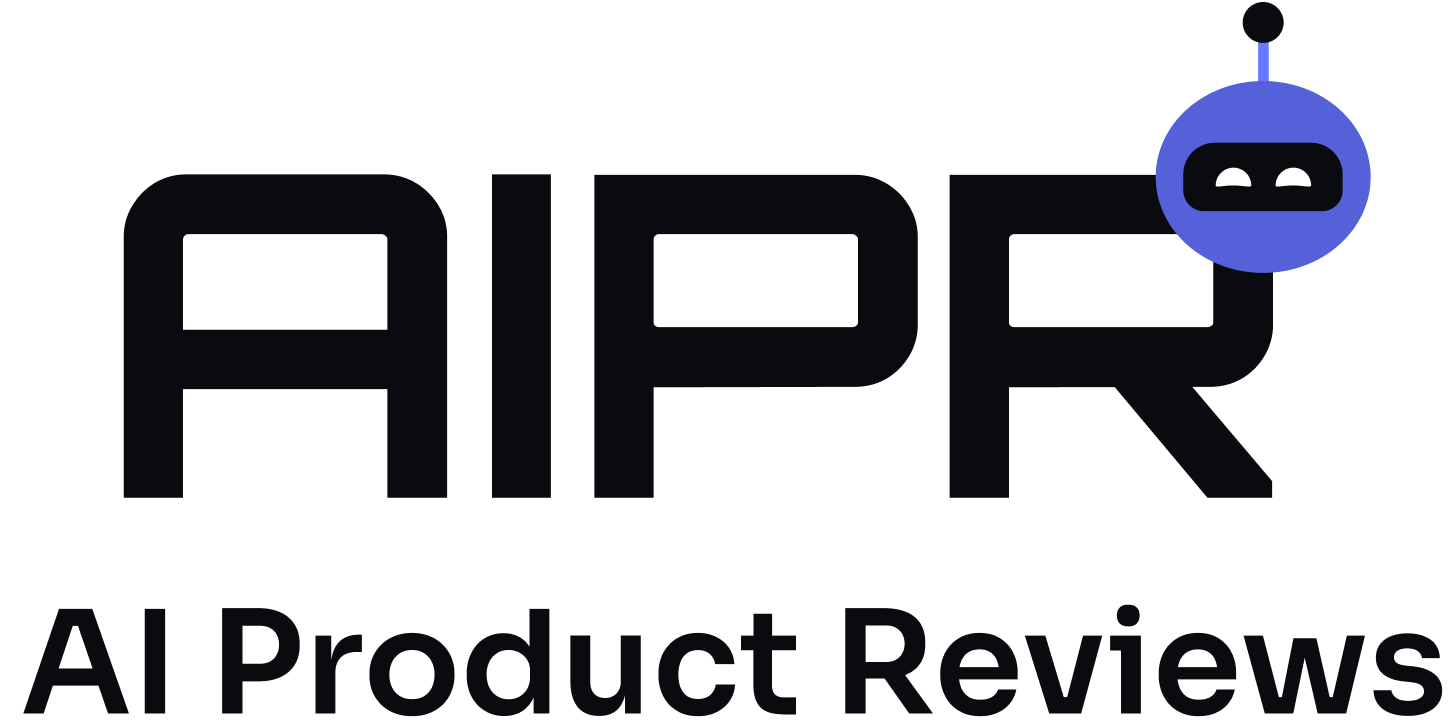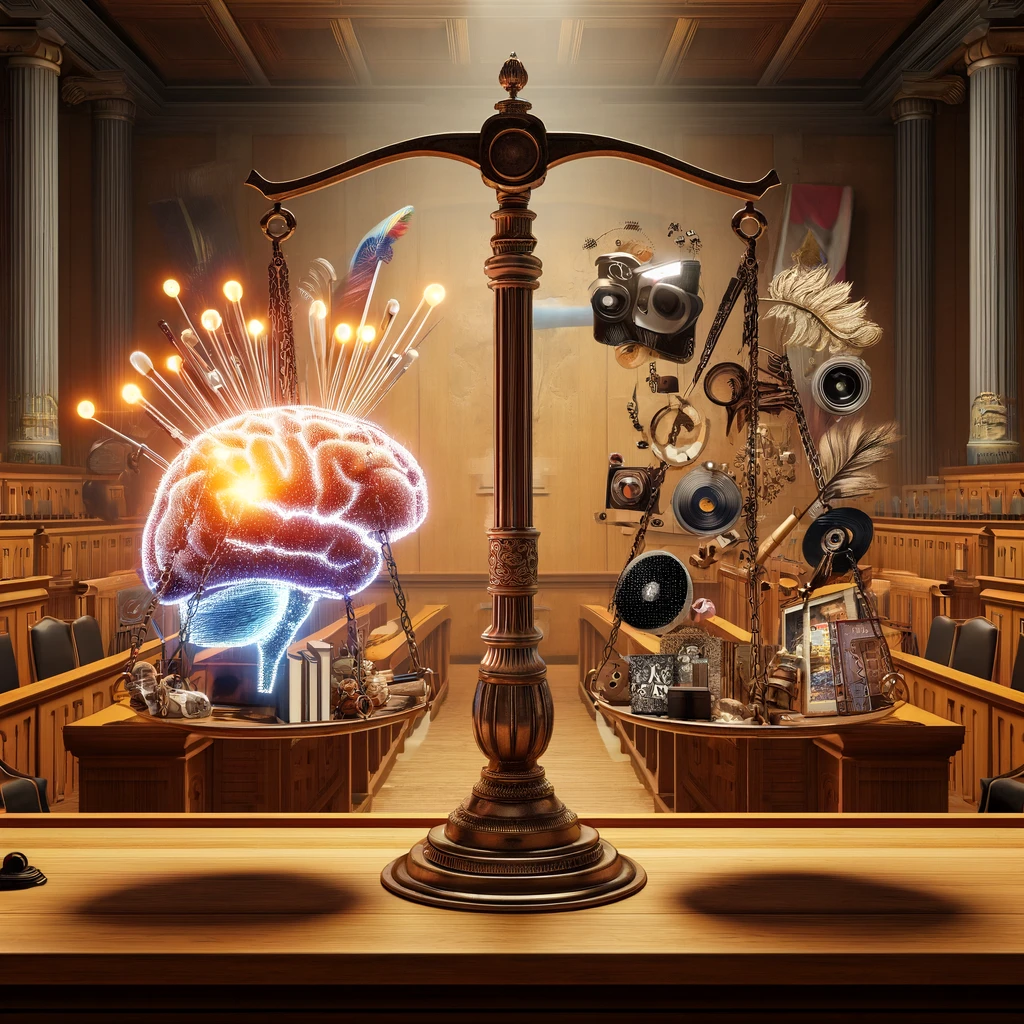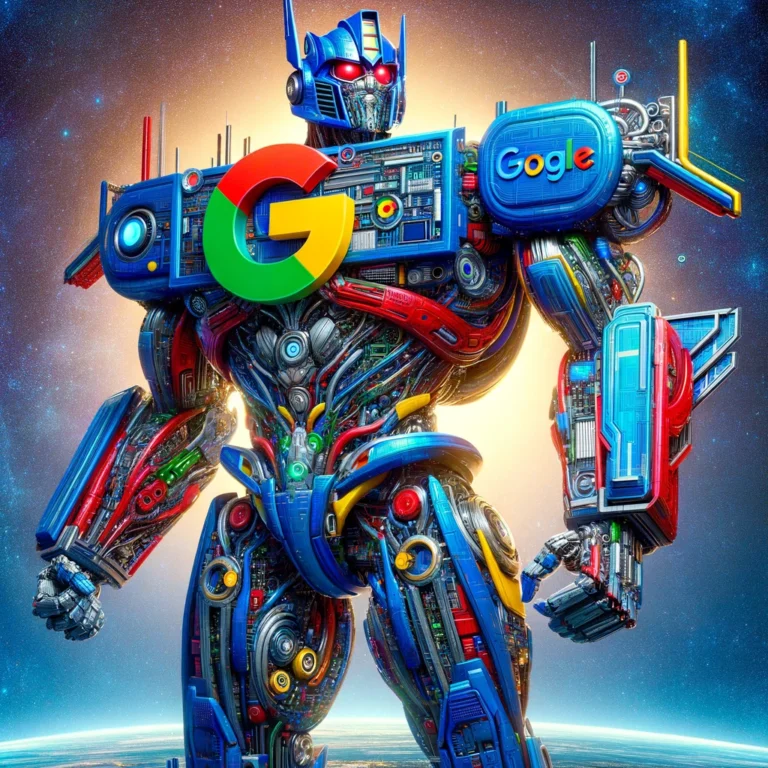The rapidly expanding marketplace of AI tools, specifically OpenAI’s GPT Store, has recently encountered legal challenges due to issues surrounding copyright infringement. The GPT Store, which hosts a diverse array of custom bots, has become the location of a thorough investigation by Morten Blichfeldt Andersen, a publishing director at Praxis, a Danish textbook company.
Since its launch in January, the GPT Store has become a hub for AI innovation, featuring anything from cartoon generators to programming assistants, along with more niche bots like a color analysis tool, a spider identifier, and even a dating coach named RizzGPT. A deep dive into the offerings by Andersen has revealed a concerning trend of potentially unauthorized use of copyrighted content in the creation of these AI-powered tools.
Andersen has embarked on a self-appointed mission to locate and report bots built on Praxis’s copyrighted textbooks without the company’s permission. “You have to trick the language model to reveal itself,” he explains about his strategy to detect infringing bots—indicating just how challenging and time-consuming this task has been. The discovery of passages from Praxis textbooks reproduced by these bots suggests that the issue is much more significant than what meets the eye.
The situation is further complicated by the difficulty in contacting developers responsible for these bots, as many do not provide contact information. An attempt by WIRED to investigate a bot that could supposedly “write like George R.R. Martin” led to an inconclusive end as the bot developer was unreachable.
OpenAI’s position on copyright infringement in the GPT Store is one underlined by a commitment to respond to takedown requests. A spokesperson for the AI research company stated that OpenAI makes use of a combination of automation, human review, and user reports to ensure adherence to policies and the respect of third-party content rights.
The friction comes at a time when OpenAI faces multiple lawsuits over alleged copyright infringement by different high-profile authors and entities. Thus, the GPT Store’s current challenge will likely add to the legal pressure on the organization.
Creatives like Andersen have begun filing DMCA takedown notices to address the copyright issues directly. Advocacy by the Danish Rights Alliance and the filing of these notices have prompted OpenAI to remove some infringing bots from the GPT Store. However, as pointed out by Andersen and others, more efficient tools need to be made available to rights holders to search for and identify infringing content.
In response to these challenges, startups like Patronus AI have begun offering services designed to help AI companies detect potential copyright infringements within their outputs. While some experts argue that fair use could cover certain content used in the GPTs, the accessibility for copyright holders to monitor their work in the supplementary files remains a significant issue.
The unfolding saga not only highlights the complexities of copyright law in the tech space but also underlines the urgent need for clear policies and robust systems to protect copyrighted material in the wave of AI development. OpenAI, as a leading entity in the field, faces the critical task of bolstering trust and establishing best practices for content use within its platform, the GPT Store. As the technological and legal landscapes continue to shift, the discussion on how to harmonize artificial intelligence with intellectual property rights is gaining momentum.





